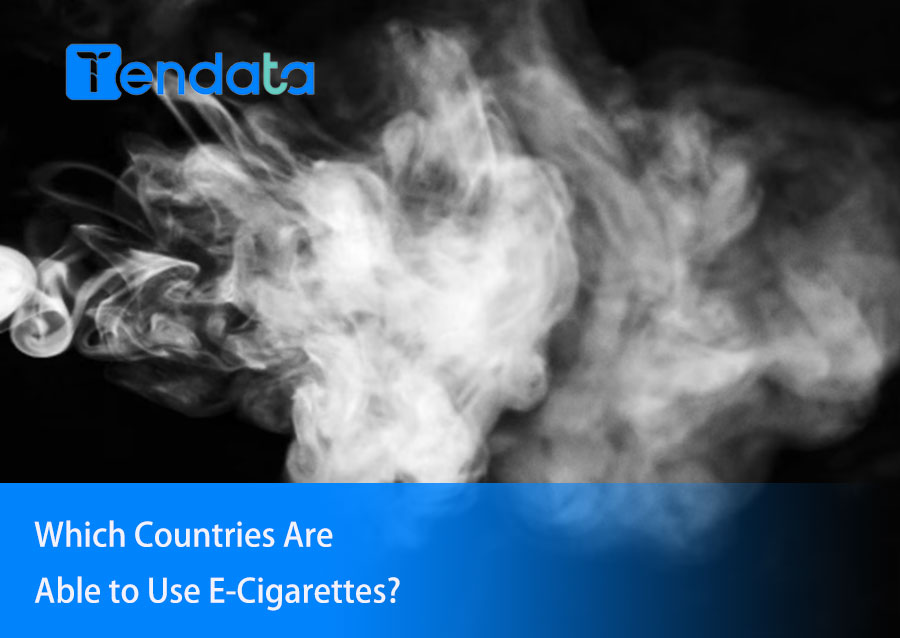 Trade Trends News
Trade Trends News
 31-01-2024
31-01-2024
The World Health Organization (WHO) is urging governments to treat e-cigarettes (also known as vapes) like tobacco and ban all flavors.
That could spell trouble for some big tobacco companies that have bet on a shift to cigarette alternatives. British American Tobacco (BATS.L), which opens a new tab, has said it wants 50 percent of its revenue to come from "non-combustible" products by 2035.
According to the World Health Organization, 34 countries have banned e-cigarettes as of July 2023, including Brazil, India, Iran and Thailand. But many countries are struggling to enforce e-cigarette rules, which means they are often sold on the black market.
As of July, 74 countries did not regulate e-cigarettes at all, according to the World Health Organization, most of which are in Africa but also include Pakistan, Colombia and Mongolia.
In other countries, including major markets like the U.S. and China, governments allow e-cigarettes but regulate their use. Here's how they measure up:

1. Australia
Australians need a prescription to use nicotine-containing e-cigarettes, but the country has been battling a large number of illegal disposable e-cigarettes. Since Jan. 1, it has been illegal to import disposables into Australia.
From March, it will also be illegal to import any e-cigarettes that have not been approved as "therapeutic" by Australia's medical regulator, the Therapeutic Goods Administration, the government said.
It also hopes to introduce a bill next year to ban the domestic manufacture or supply of non-therapeutic e-cigarettes.
2. China
The world's largest producer of e-cigarettes, will introduce a series of laws in 2021 to control the use of e-cigarettes in the country, including a ban on many Chinese manufacturers from continuing to export flavored products overseas.
The government has cited health concerns related to e-cigarette smoking among youth.
E-cigarette companies need a license to sell to consumers, and the country will impose taxes on production, importation and wholesale distribution in 2022.
3. The European Union and its Member States
The European Commission sets regulatory standards for e-cigarettes, including limits on nicotine content and labels explaining that non-smokers should not use e-cigarettes. Manufacturers are required to register with the government prior to sale.
Governments have also introduced laws governing their use. In France, e-cigarettes cannot be purchased by anyone under the age of 18, and their use is banned in certain public places, including universities and public transportation.
Italy lifted its ban on the use of e-cigarettes in public places in 2013, but still prohibits their use in or near schools.
Disposable e-cigarettes have attracted particular attention from lawmakers in a number of EU countries due to environmental and health concerns. France has moved to ban them altogether.
The German Federal Council (Upper House of Parliament) has called on the government to push for a similar EU-wide ban on disposable e-cigarettes.
4. Japan
Under Japanese law, e-cigarettes containing nicotine are considered medicines. They are not yet authorized for use.
5. Russia
Minors cannot purchase e-cigarettes. There are no restrictions on flavored or disposable e-cigarettes.
Local media reported last November that the government had withdrawn a proposed ban on e-cigarettes. According to Kommersant, Russia's health ministry said it would result in lost tax revenue and contribute to the black market.
6. Turkey
The sale of e-cigarettes is effectively banned, as only small quantities are allowed to be imported and production is prohibited. Despite this, e-cigarettes are still widely used.
7. United Kingdom
The UK has put e-cigarettes at the center of its public health policy, even offering smokers starter kits to help them quit. However, the influx of flavored disposable e-cigarettes has raised concerns about the environment, health, and youth e-cigarettes.
After the number of children's e-cigarettes tripled in the last three years, the government said at the end of January that it would ban disposable e-cigarettes and introduce powers to regulate e-cigarette flavors and packaging.
8. United States
Manufacturers of e-cigarettes in the world's largest nicotine replacement market must be authorized by the U.S. Food and Drug Administration to legally sell their products.
Some have been allowed to enter the market while waiting for the agency to review their applications.
The FDA considers several factors when weighing applications, including the potential benefits of helping smokers quit. It has not yet approved e-cigarette flavors other than tobacco.
However, weak enforcement means that flavored, often disposable, products are still widely available.
Category
Leave Message for Demo Request or Questions


 T-info
T-info T-discovery
T-discovery

 My
Tendata
My
Tendata Market Analysis
Market Analysis Customer
Development
Customer
Development Competitor
Monitoring
Competitor
Monitoring Customer Relationship
Customer Relationship





































































































































